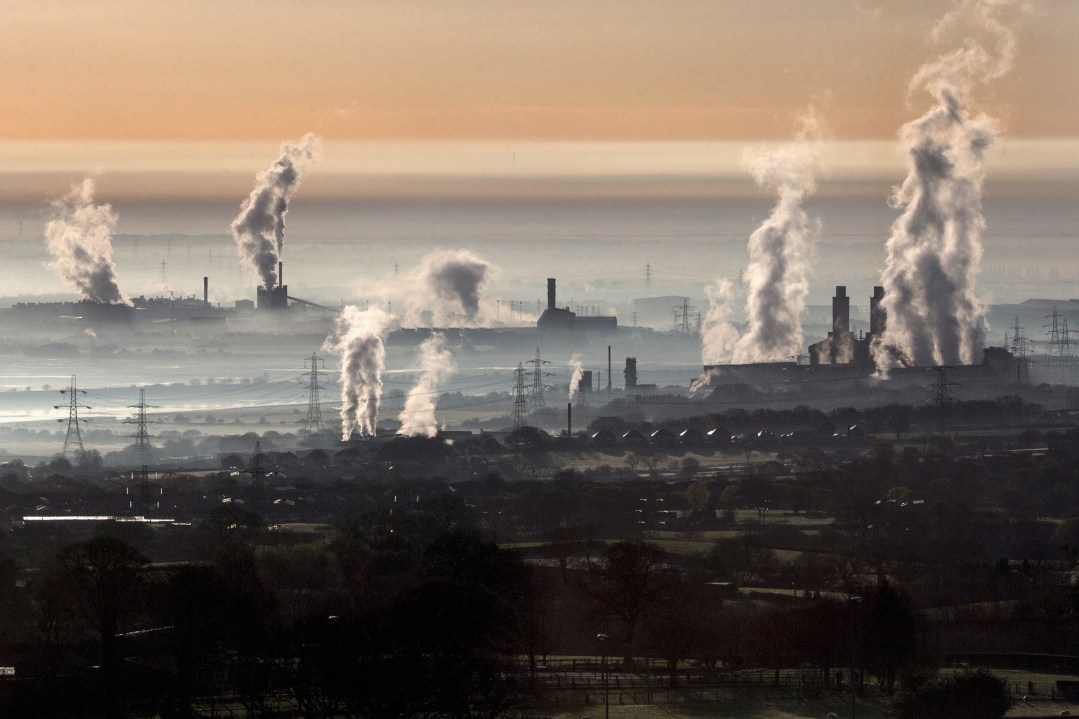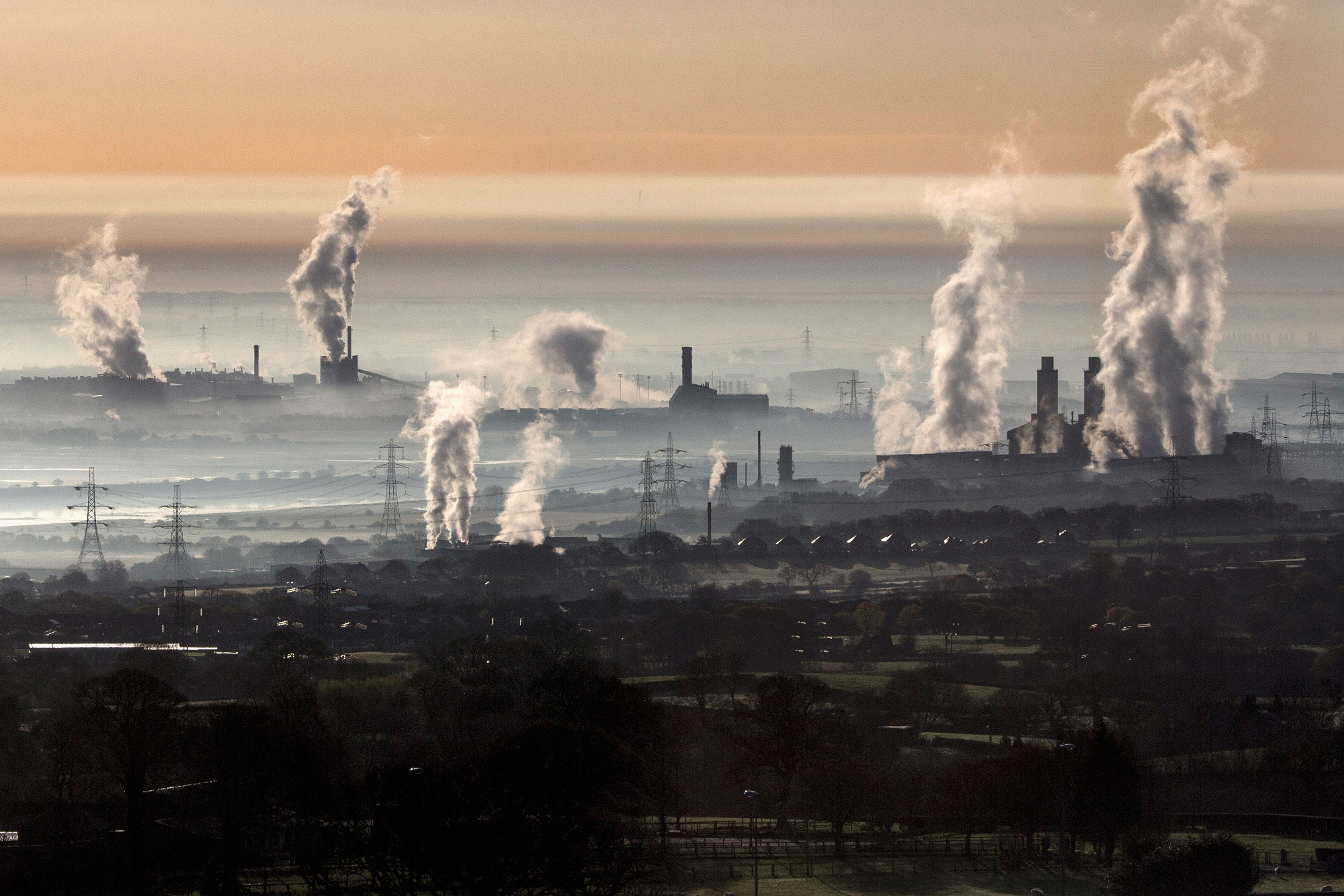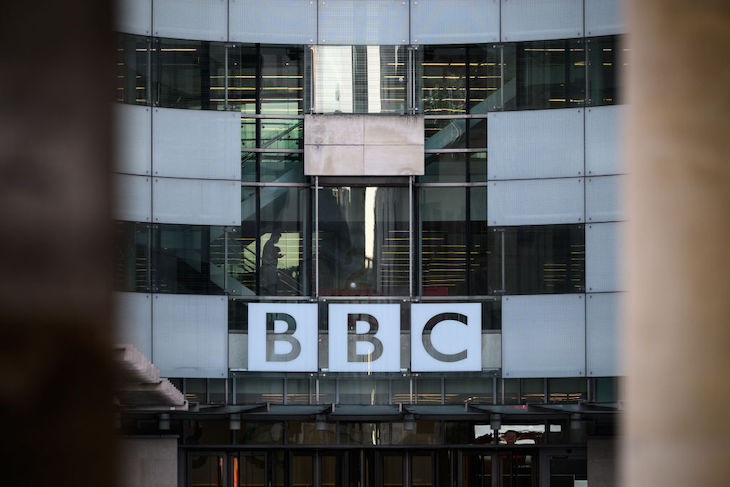It already faced tariffs in the United States, and it has been struggling to cope with some of the highest industrial energy prices in the world. Now what remains of the British steel industry faces what could well be a terminal blow. The European Union is about to impose tariffs of 50 per cent on steel imported from the UK. Labour ministers will no doubt start cobbling together rescue packages, and trying to devise a new strategy to rescue the industry. But perhaps it would be best just to be honest – and let the industry die.
The EU has set out plans to cut the amount of steel imported into the bloc by half, and impose 50 per cent tariffs on anything over the quota. The reason is simple. With President Trump imposing steep levies on American imports, it is worried that all the extra steel will be diverted to Europe, undermining a major industry. The trouble is, British manufacturers are likely to be among the biggest victims. The EU is the largest market for British made steel, with exports to the continent worth nearly £3 billion a year.
The industry was already struggling. The US has imposed steep tariffs, and it faces energy costs that are twice those in France, and four times America, as well as a raft of green levies. The government took control of British Steel, with a plant in Scunthorpe earlier this year, while Liberty Steel, with plants in Rotherham and Stocksbridge, collapsed into government control last month. Half the industry has already been effectively nationalised, and the other half may not be far behind. Gareth Stace, the director-general of the trade body UK Steel, said the industry was facing a ‘disaster’ and ‘the biggest crisis in its history.’
That is certainly true. The catch is, it may be too late to do anything about it now. Sure, ministers will no doubt try and cobble together some kind of deal to keep the plants, and the jobs that depend on them, alive. It can threaten retaliatory tariffs against the EU, although it seems unlikely that anyone in Brussels will pay very much attention given that the UK is a relatively small market (and given the accelerating collapse of its industrial base). The UK can dish out some soft loans, but given the Treasury is strapped for cash, it can’t keep that going forever. It can try and find buyers for the plants already under its control, but it is hard to imagine that anyone will want them now. In reality, it would be better to take the tough decision to let the industry die.
The blunt truth is this. Successive governments have made a mess of the industry, ignoring the impact that soaring energy prices would have on its cost base, and imposing green levies and targets that were based on little more than wishful thinking. Add those all up, and throw in EU tariffs as well, and it is impossible for the British industry to compete on global markets.
A ‘rescue package’ now is just throwing money away – and that money would be better spent trying to bring down the UK’s catastrophic energy costs instead of bailing out an industry that no longer has a viable future.








Comments